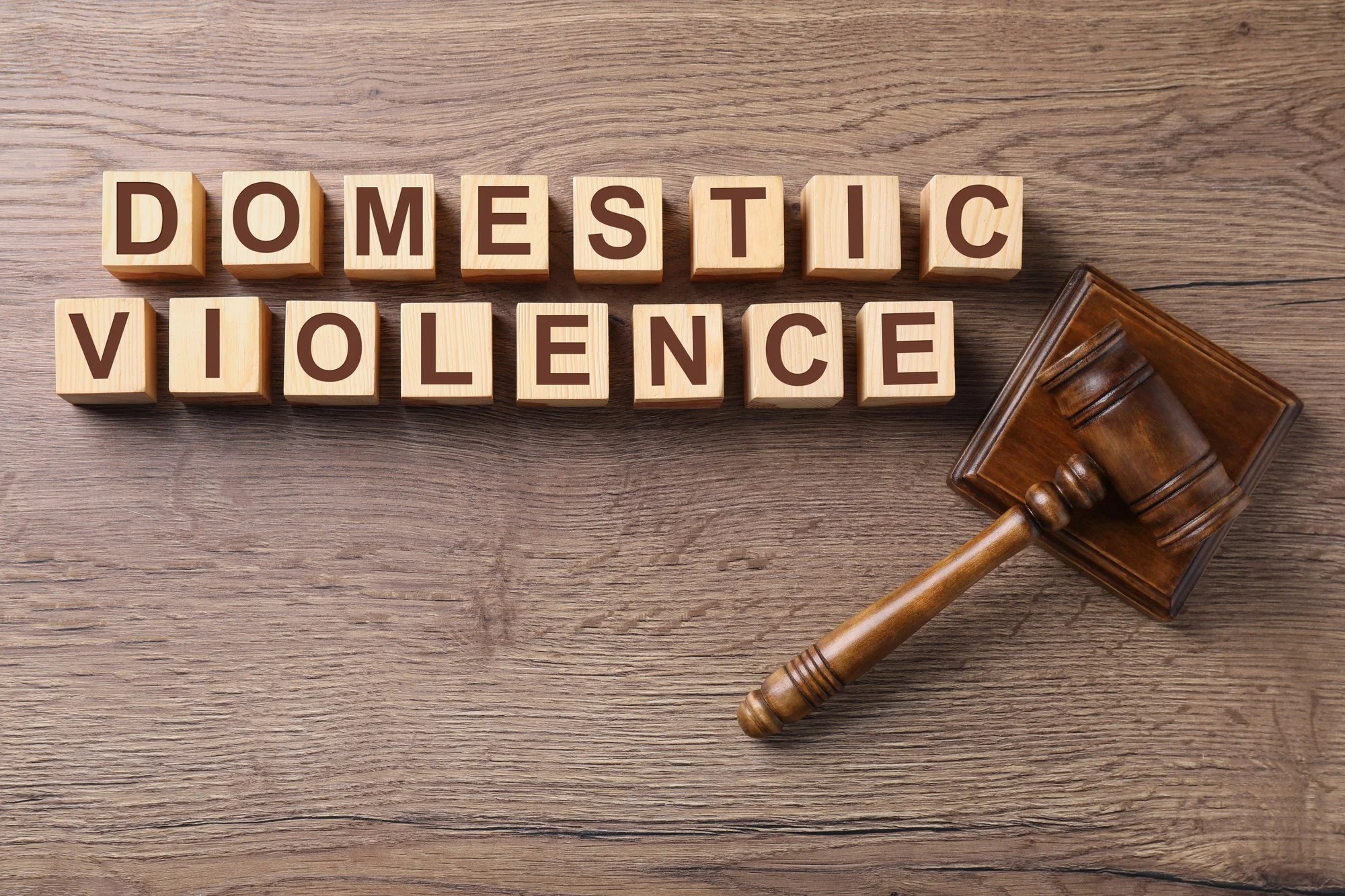Protective Orders in Utah
A protective order is a court order designed to protect people from abuse or domestic violence, or a substantial likelihood of abuse or domestic violence. Protective orders can apply to cohabitants, dating partners, or victims of sexual violence.
The person asking for the order is called the petitioner. The person the order is against is the respondent. Protective orders can also cover children or others connected to the petitioner.
What a Protective Order Can Do
If granted, a protective order may:
Prohibit the respondent from contacting, harassing, or threatening the petitioner
Require the respondent to stay away from the petitioner’s home, workplace, school, or place of worship
Prohibit the respondent from possessing firearms or other weapons
Temporarily award custody of shared children to the petitioner
Violating a protective order is a crime and can result in arrest.
How Protective Orders Are Issued
Once the court grants the request, the order must be served on the respondent. In Utah, this is done by a sheriff or constable. If the respondent lives in another state, service must be arranged through law enforcement there. The order becomes effective as soon as it is served.
Types of Protective Orders
Cohabitant Protective Orders – For people who live together or used to live together.
Dating Violence Protective Orders – For people in a romantic or intimate dating relationship.
Sexual Violence Protective Orders – For survivors of sexual violence.
Modifying or Dismissing a Protective Order
Either the petitioner or respondent may ask the court to change or dismiss a protective order:
Petitioner’s Request – The petitioner may file a request at any time to modify or dismiss the order. The court will schedule a hearing.
Respondent’s Request – The respondent may file a motion to modify or dismiss. The request must be served on the petitioner, and a hearing will be set.
Special rules apply to cohabitant protective orders:
The respondent may ask to dismiss an order that has been in effect for at least one year if they show the original reasons no longer exist, the petitioner acted contrary to the order, and the petitioner is no longer reasonably afraid.
Criminal provisions of a cohabitant protective order generally cannot be dismissed within two years unless strict conditions are met.
If there is also a pending divorce, custody, or parentage case, the civil parts of the protective order may be modified through that case.
Firearms and Protective Orders
Protective orders often include firearm restrictions. If you are the respondent, read the order carefully and seek legal advice, as possession of firearms in violation of a protective order is a criminal offense.
Out-of-State Protective Orders
Protective orders issued in another state can be registered in Utah. To do this, a certified copy of the order and an affidavit must be filed with any district court.
If you or your loved ones need protection from abuse, harassment, or domestic violence, the experienced team at Blakelock Law is here to help. Our dedicated attorneys understand the urgency and seriousness of obtaining a Protective Order in Orem, Utah, and we guide clients through every step—from filing the petition to representing them in court. Whether you are seeking a cohabitant, dating violence, or sexual violence protective order, we will fight to ensure your rights and safety are protected. Contact Blakelock Law today to consult with trusted Protective Order attorneys in Orem who will stand by your side.

